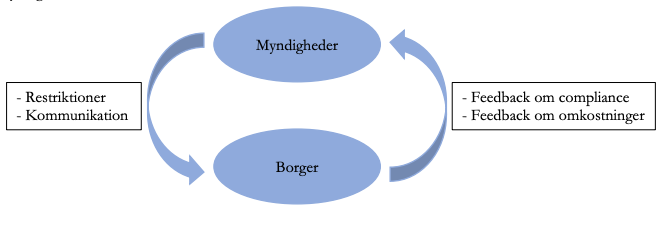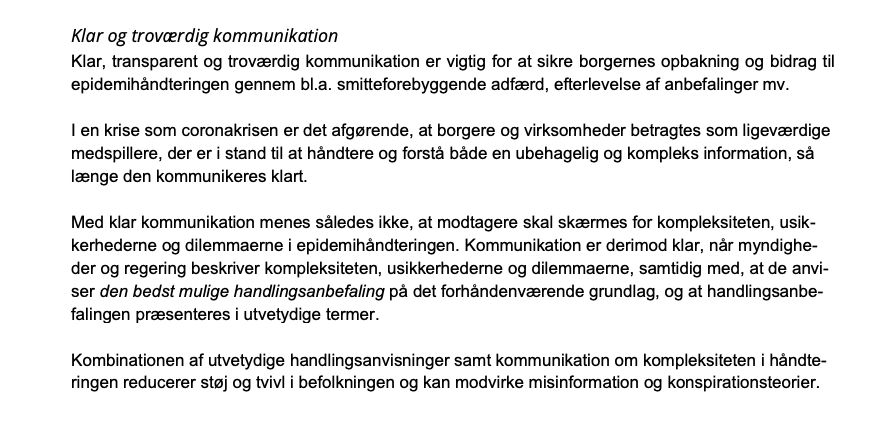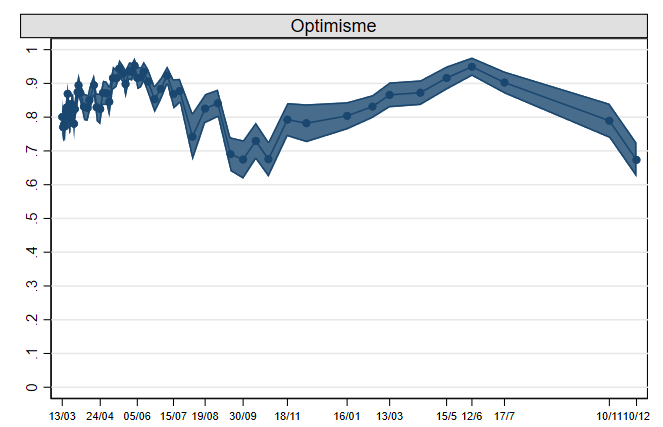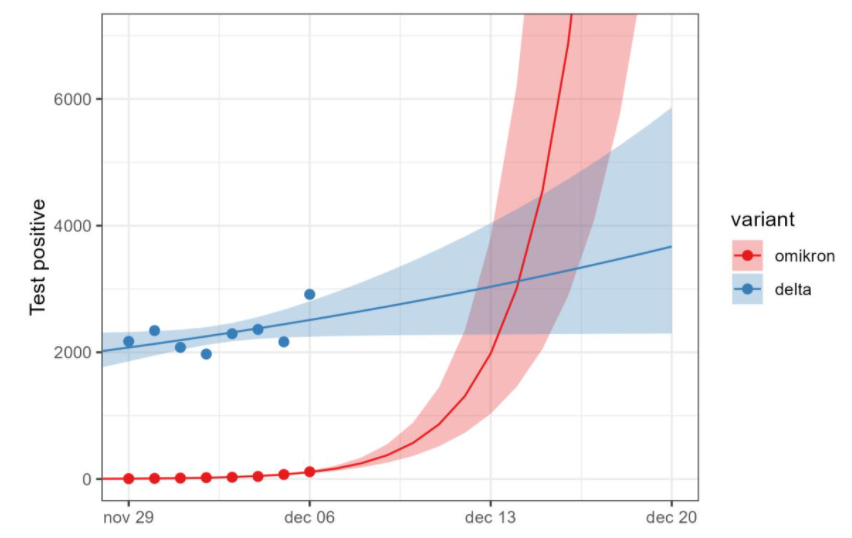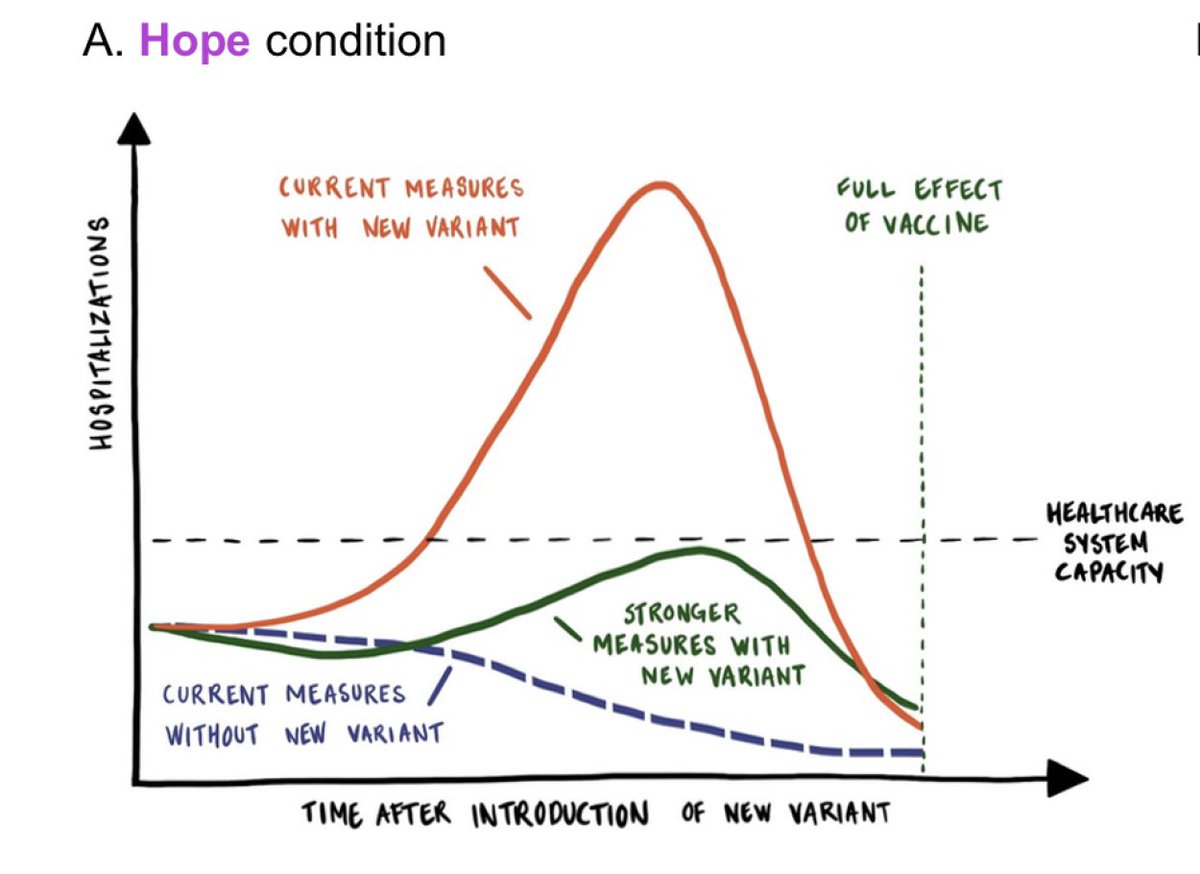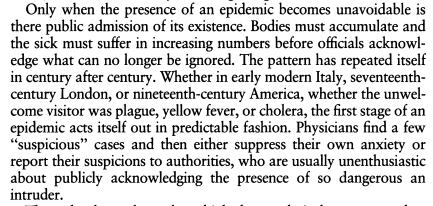
Western societies were already frail when COVID-19 hit.
In a new paper, we show that the pandemic, and the fatigue from it, eroded trust in democracy further: psyarxiv.com/qjmct
With omicron, stronger restrictions are again put in place & the erosion will deepen.
🧵(1/7)
In a new paper, we show that the pandemic, and the fatigue from it, eroded trust in democracy further: psyarxiv.com/qjmct
With omicron, stronger restrictions are again put in place & the erosion will deepen.
🧵(1/7)
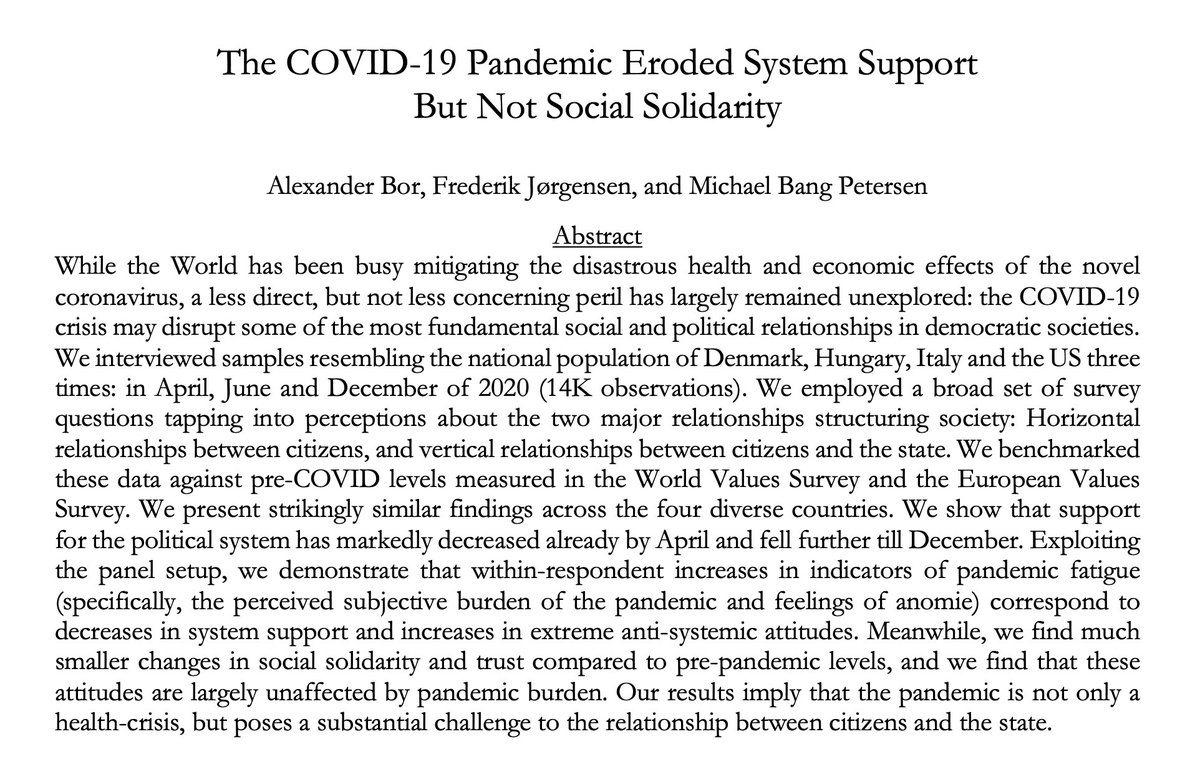
Over 2020, we tracked 6000 citizens from 🇺🇸+🇮🇹+🇩🇰+🇭🇺 & their views of key relationships in society: Horizontal relationships of solidarity between citizens + vertical relationships of trust between citizens & the state. We used measures with clear pre-pandemic benchmarks. (2/7)
We pool across multiple indicators and standardize with pre-pandemic scores to track changes from after the pandemic hit. Overall, we see little consistent change in solidarity. The pandemic has not been a crisis in the relationship between citizens. (3/7) 
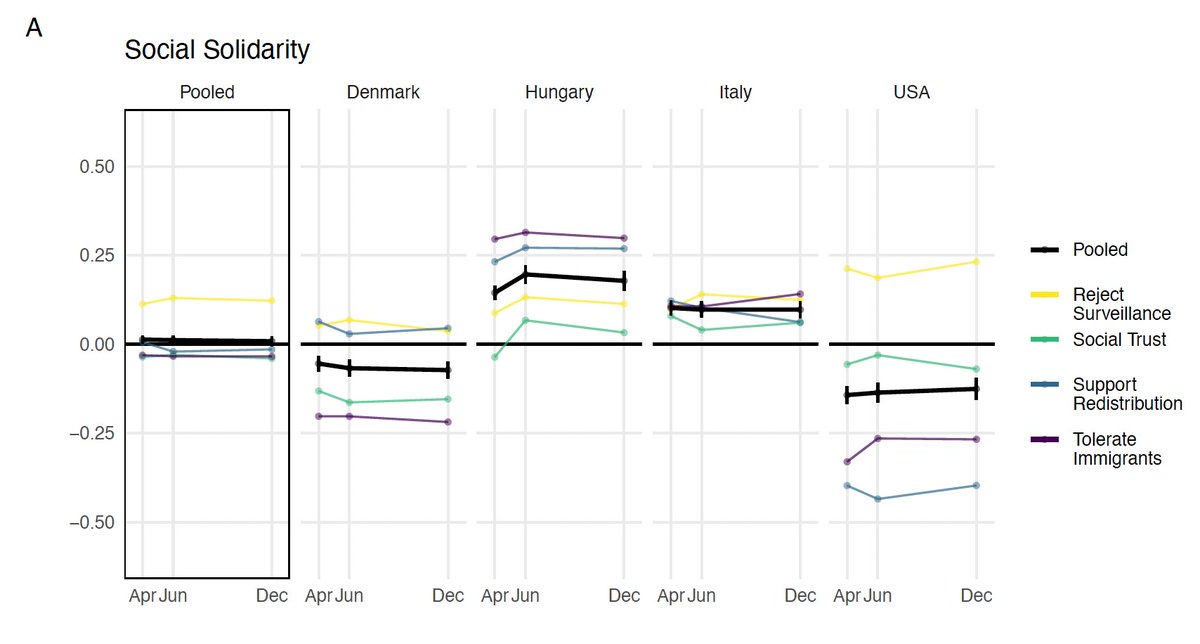
The pandemic, in contrast, provides a strong erosion of citizens' support of the system. In April, overall levels were -0.25 standard deviations below pre-pandemic levels. And the erosion continued throughout 2020. (4/7) 

Why did the pandemic erode system support? Because of the loss of control associated with the pandemic and restrictions. Feelings of anomie strongly increased from pre-pandemic levels (purple lines) & distress fluctuated with the severity of the epidemic throughout 2020. (5/7) 

Within-person change in these indicators of fatigue predicted within-person change in system support as well as in indicators of *extreme* political discontent such as Need for Chaos, beliefs in misinformation and populism. (6/7) 
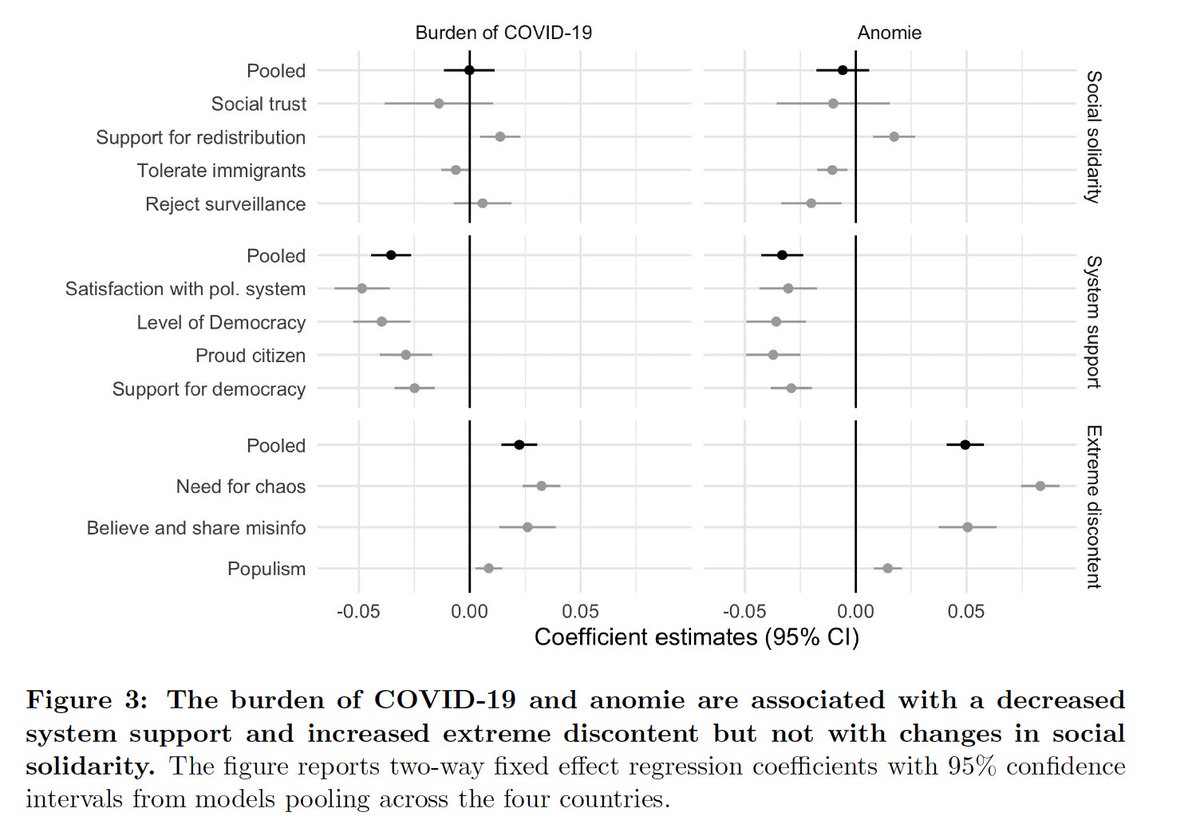
A pandemic is an all-out crisis. It weakens citizens' trust in the state and thus the possibility of handling the crisis, as seen in protests across the EU.
As omicron & restrictions increase, fatigue will too.
Trust will further erode as we enter the 3rd year of covid. (7/7)
As omicron & restrictions increase, fatigue will too.
Trust will further erode as we enter the 3rd year of covid. (7/7)
• • •
Missing some Tweet in this thread? You can try to
force a refresh


